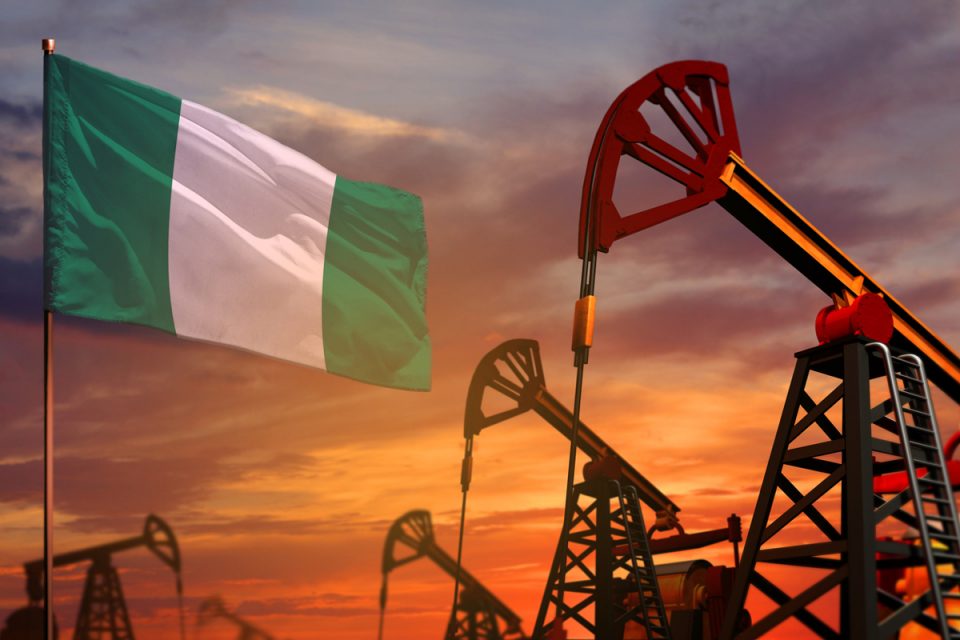THE under-investment and chronic infrastructure issues plaguing Nigeria’s oil sector manifested in a multi-decade production low of <1.5 million barrels of oil per day (mmbopd) in December 2021.
According to a report by RenCap, the recovery in January offers some optimism, but the outlook remains uncertain.
Shedding more light, Nikolas Stefanou, Africa Oil & Gas Analyst of RenCap said Shell’s and Exxon’s announced divestment plans in Nigeria, if completed, would transfer most of Nigeria’s oil production from the onshore and shallow water terrains (65% of total production in 2021) to indigenous control – at a time when global oil and gas financing is drying up.
Whether or not the operatorship succession, if it happens, will result in a Nigerian oil sector renaissance remains to be seen, but believes the stakes are high for Nigeria’s oil sector.
On the equity performances, Stefanou said it’s bullish as they offer some of the most compelling investment propositions in the international E&P universe, with Africa Oil and Seplat as some of the sector top picks.
A decade ago, before the ‘energy transition’ and when peak oil supply theory still had proponents, he said the offering of assets and blocks in one of the world’s most prolific hydrocarbon provinces was too attractive for investors to pass up, and financing was abundant.
Explaining, he said now, the majors are selling much larger assets (2020 SPDC gross production was 500kboepd and we estimate Exxon’s shallow offshore assets at >200kbopd) when financing availability is much more restricted in what is a buyer’s market globally.
Furthermore, he said the first round was an opportunity for indigenous players and investors to develop peripheral, non-core assets neglected by the majors. “This round is about transferring control of most of Nigeria’s oil production from the majors to indigenous players, with the onus on the latter, to invest and grow Nigeria’s oil sector,” he said.
Specifically, he said Nigeria’s production outlook has not appeared as uncertain as it does now, in their view, as most of the production operatorship control is set to change hands in onshore and shallow terrains, creating uncertainty with regard to future investment.
“We believe securing financing for the small/mid-sized indigenous players to complete the transactions will be challenging, let alone investing further for production growth in ageing assets of undetermined asset integrity.
“Add integration and operational risks to the mix and one can see why any of these deals might potentially be ‘too big to chew’ for any indigenous E&P. We expect 2022 production to be within the 1.60-1.75mmbopd range and our longer-term outlook is dependent on the level of investment,” he said.
However, in the absence of major project start-up visibility, even with moderate investments, he said a decline is expected to take toll on production. With the likely start-up of new deepwater projects post 2025, we believe that Nigeria’s production could average <1.5mmbopd by the second half of this decade.
Narrowing down on the equity sector, he believes that Seplat is better positioned among its peer group to complete a transaction with either Shell or Exxon and the best way for investors to gain exposure to this theme.
Africa Oil’s assets on the other hand, are in the deepwater and the company has several near-term catalysts this year. “We expect Decklar Resources to commence production from Oza this year, a milestone, share-rerating catalyst for the company, in our view,” he said.




